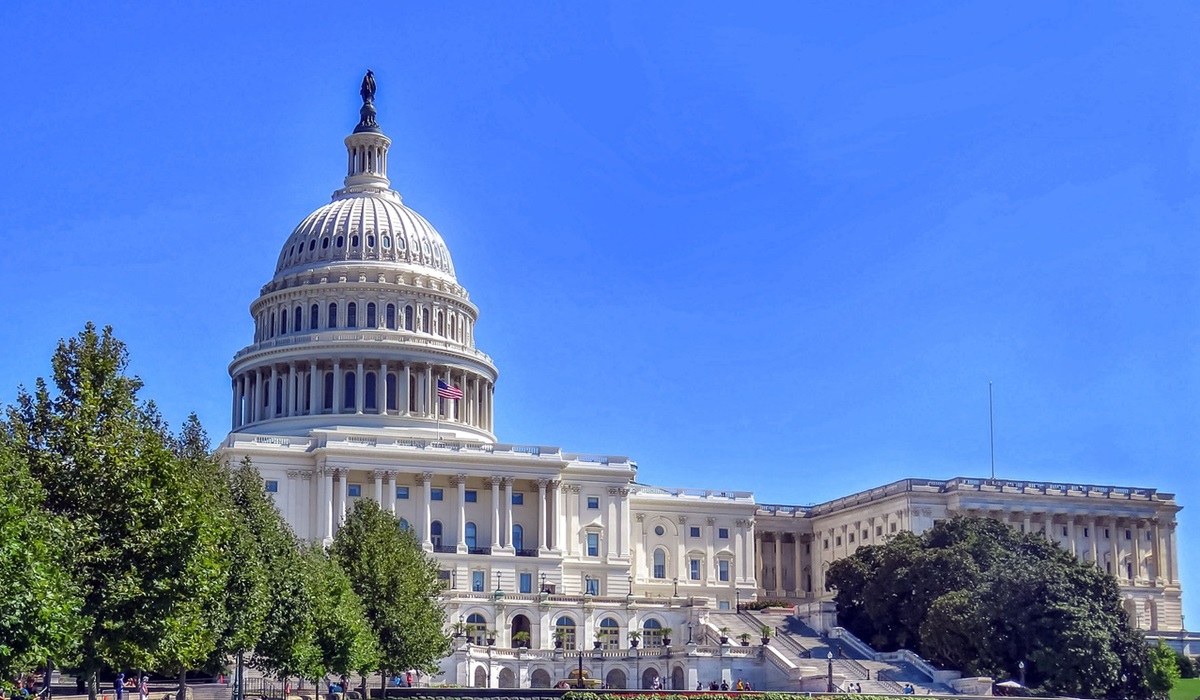Omnibus bills, aptly named for the Latin word “for everything,” are often derided as legislative monstrosities. These behemoths of legislation combine a wide range of unrelated topics into a single package, creating a complex and opaque process that critics argue hinders transparency and accountability.
One of the primary concerns surrounding omnibus bills is the infamous practice of “pork-barreling,” where lawmakers insert unrelated spending provisions known as earmarks to appease their constituents or secure political favors. These hidden goodies, often buried deep within thousands of lines of text, can easily escape scrutiny, leading to wasteful spending and accusations of corruption.
This lack of transparency also makes it difficult for lawmakers to separate the wheat from the chaff. While one party might favor aspects of the bill, others may find the inclusion of controversial pork projects unacceptable. This forces them into an all-or-nothing decision, leading to partisan gridlock and the potential killing of vital legislation simply because of unwanted add-ons.
The recent example of the bill proposing additional billions in aid for Israel and Ukraine highlights this dilemma. While both parties may agree on the importance of supporting these allies, attaching extraneous spending items can quickly turn it into a partisan battleground. This shift in focus from specific measures to broader party stances undermines productive debate and hinders the ability to address individual issues on their own merits.
The problem with omnibus bills isn’t unique to the United States. Similar concerns plague legislatures in Canada, the UK, and other countries. While the potential benefits of streamlined legislation and faster passage exist, the potential for abuse and lack of transparency often outweigh them.
Despite the criticisms, omnibus bills remain a persistent fixture in legislative landscapes. The allure of bundling multiple measures into a single package for efficiency and political expediency proves hard to resist. However, the question remains: is the convenience worth the cost of sacrificing transparency and potentially funding wasteful projects?
The debate surrounding omnibus bills is likely to continue as long as they exist. Whether these legislative leviathans can be reformed to improve transparency and accountability while maintaining their efficiency remains to be seen. Until then, the potential for “pork” and partisan gridlock will continue to cast a long shadow over this complex legislative tool.









